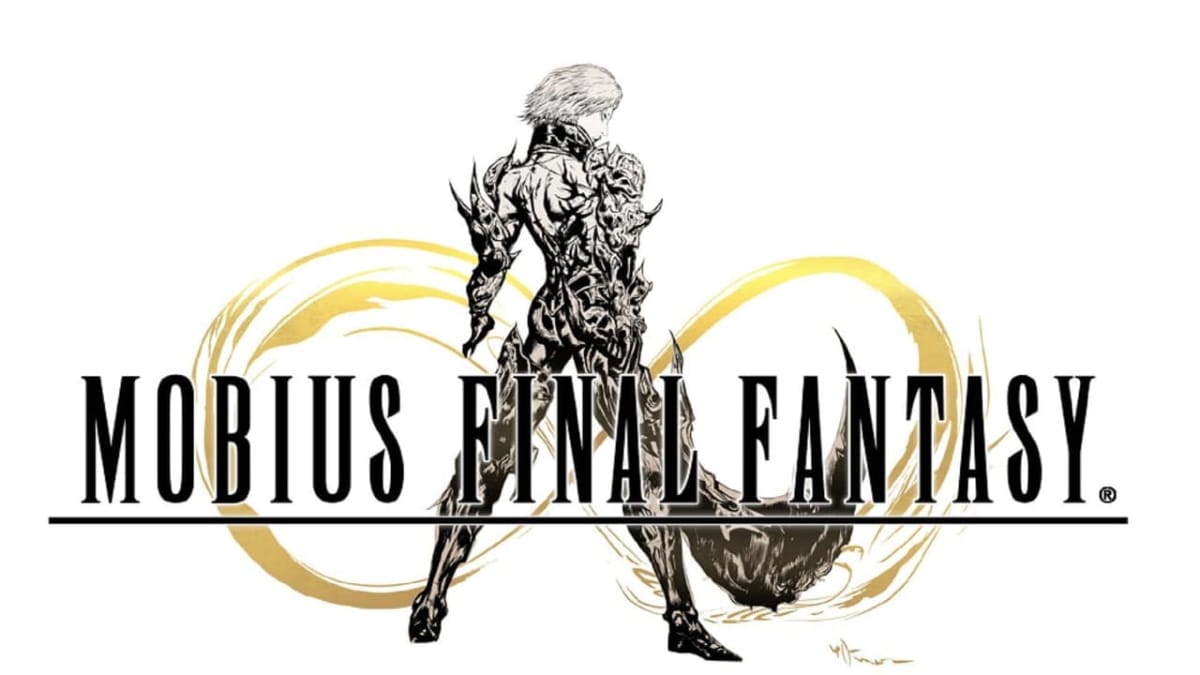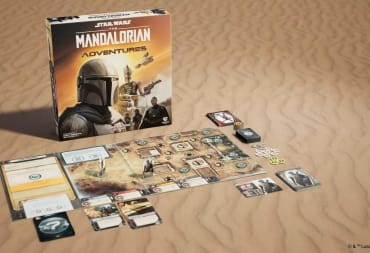In response to the uncertain future of loot boxes in Belgium, Square Enix is ending service for three of their mobile games in the country. Mobius Final Fantasy will cease operating on November 30th, Kingdom Hearts Union X on December 6th, and Dissidia Final Fantasy Opera Omnia on December 19th. GamesIndustry reported that the following message appeared in Kingdom Hearts Union X, with similar messages showing up in the other titles:
We regret to inform you that due to the present uncertain legal status of 'loot boxes' under Belgian law, KINGDOM HEARTS Union χ[Cross] will be withdrawn from service in Belgium in 30 days, on Dec. 6, 2018 (UTC) at the earliest[.]As you may recall, this is not the gaming industry's first run-in with Belgium over their aggressive stance against loot boxes. Spurred on by the overwhelmingly negative reception that Star Wars Battlefront II's microtransactions received, Belgium's gambling commission began investigating both Battlefront II and Overwatch. One of Belgium's own Ministers of Justice believed that loot boxes did indeed constitute gambling, which would later set off a chain of responses from legislators around the world
Additionally, while the US and UK's regulatory bodies did not find that loot boxes constituted gambling, Belgium's gambling commission did. The commission investigated Overwatch, Counter-Strike: Global Offensive, FIFA 18 and Battlefront II. Ironically, all of the games except for Battlefront II were found to violate gambling laws, which prompted Blizzard to make changes to both Overwatch and Heroes of the Storm.
Instead of modifying the Ultimate Team mode, EA opted to simply publish the drop rates in FIFA 18 and FIFA 19. Belgium's gambling commission clearly did not find these changes satisfactory, as they are seeking to bring EA to court over their loot boxes. EA clearly sees it differently, arguing that "[the loot box] model is sustainable," and "[w]e don't believe loot boxes are gambling."
While larger titles like Overwatch and CS:GO were able to successfully navigate away from a loot box-based microtransaction model, many mobile games, Square Enix's included, often do not include alternative revenue streams. Simply put, it's not financially feasible to continue to operate Mobius Final Fantasy, among other mobile games in the country. Square Enix does not appear to plan to offer any refunds, instead recommending players "use all purchased consumables or currency before" the games go offline.
Japanese mobile games, in particular, have struggled with legal monetization, both at home and abroad. Commonly referred to as "gacha" games, the name is derived from "gachapon," or "capsule toy," a machine where you put in money to win a small prize. As the aforementioned mobile games are largely about building better teams out of Final Fantasy or Kingdom Hearts characters, much of the gameplay revolves around opening loot boxes or turning in gacha tickets. Certain gacha practices were made illegal in 2012, though mobile game developers have found ways to skirt the edge of the ban.
Indeed, even as Square Enix exits the Belgium mobile gaming market, two of the top five revenue generators in the market are Japanese publishers. As the gaming industry grapples with the extreme unpopularity of loot boxes, mobile game developers may have to find alternative methods of monetization or risk getting shut out of markets entirely.







